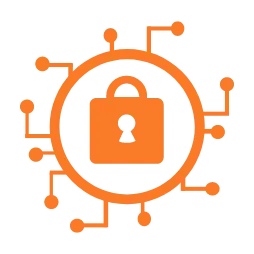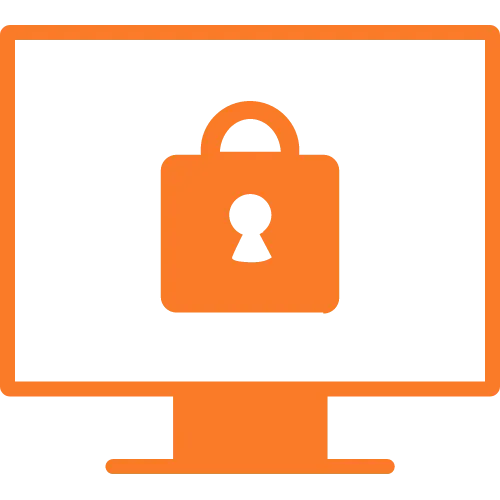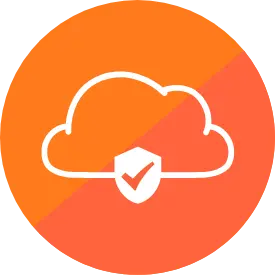Secure Your Remote Workforce
Without proper security measures, the exposure of a remote workforce can have severe consequences.

63%
of businesses have experienced a data breach due to employees working remotely.
$137,000
lost on average by a remote work related breach
38%
of employees reported receiving no remote work-related cybersecurity training
How Can You
Protect Yourself?
The risk of remote work stems from the fact that end-users and endpoints are more vulnerable to attacks, as they exist outside the business technology environment.
It is vital to train employees to spot cyber attacks, as well as secure the devices they are using. This ensures that they are as protected despite being away from the organization’s network.


Enforce MFA
MFA acts as an additional layer of security on your remote user accounts. The more security layers in place, the little the risk of cyber-criminals gaining access to your sensitive systems.

Enhance Endpoint Security
Deploy security at the endpoint level to see the exact details of your endpoints at all times. This will allow you to prevent attacks as well as respond quickly to threats.

End User Training
Security training empowers employees with the knowledge and tools to quickly identify and prevent cyber threats, cultivating a sense of ownership for protecting themselves, their teams, and the entire organization.
How Are You at Risk?
Many companies have adopted a permanent or hybrid remote-work model. Here are the risks that remote workers face:

Weaker Security Controls
Employees will be working on their home WiFi instead of their office network, which is significantly less protected. This means their cybersecurity team will not be able to monitor what happens on their home network either.

Expanded Attack Surfaces
With more people working remotely, enterprises simply have more endpoints, networking, and software to protect, all of which significantly increase the volume of work for IT departments, which are frequently overburdened.

Unencrypted File Sharing
With remote work, there are increased security risks of unencrypted file sharing. You may be sending sensitive information to your team via email, text, or even Slack, but it is not safe to assume that any of these means is secure. Sensitive company information could easily be intercepted, and potentially lead to ransomware attacks, theft, or more.

Attacks on Remote-Working Infrastructure
Apart from the weakening of existing controls, setting up new remote work infrastructure will generate new risks. Security teams should be on alert for brute force and server-side attacks, which will aim to block remote workers from accessing your organization’s network. DDoS protection will also become essential.
Why it’s Relevant to You
A remote work environment makes it harder for security teams to detect and respond to threats.
This means that any attack will have an increased effectiveness. It is vital for organizations to have measures in place to prevent these attacks, and react to them swiftly.

Data
Breaches

Disrupted Operations

Device
Corruption

Financial
Losses

How can Port53 Help?
Port53 is your go-to partner for cybersecurity solutions that enable your organization to thrive in the digital world.
We provide enterprise-grade protection that is easy to deploy, simple to manage, and highly effective, allowing you to focus on serving your customers without worrying about cybersecurity threats.
END-POINT BUNDLE
Keep Your Workers and Devices Secure
Utilize a strong security portfolio to protect both your end users and endpoints. Port53 and our partners offer several services and solutions to protect your remote workforce.

Duo MFA
Multi-factor authentication from Cisco’s Duo protects your applications by using a second source of validation, like a phone or token, to verify user identity before granting access. Duo provides a streamlined login experience and integrates easily with your existing technology.

KnowBe4
Enables a critical workstream to help your IR teams work together to mitigate the phishing threat and is suited for any organization that wants to automatically prioritize and manage potentially malicious messages.

Meraki
Focus on physical and digital security with an intuitive and interactive web interface that connects you to the industry’s leading cloud IT platform.

Cisco Firepower
Convenient management options deliver an easy firewall deployment experience. From a cloud-delivery model to on-premises hardware to simple on-box capabilities, it’s your choice.

Cisco Umbrella
Cisco Umbrella’s phishing category leverages indicators derived from multiple sources, and when phishing is detected, Cisco Umbrella will block phishing at the IP and domain level as well as analyze risky domains in the Intelligent Proxy.
